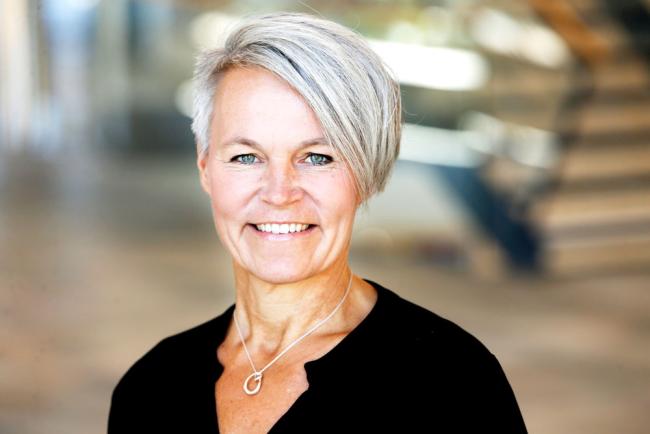Blog: My CTF story - Margareta Friman
2021-09-21Margareta Friman is a professor of psychology and pro-vice chancellor at Karlstad University and has been part of CTF since the mid-90s. Here, she reflects and share some memories from her time at CTF.
It all started when Professor Patrik Larsson, former CTF director and current dean of Faculty of Arts and Social Sciences, gave me the opportunity to try out the life as a researcher. I got taste for it and applied for the PhD program at the University of Gothenburg, and in 2000, I presented my PhD thesis. The focus of my thesis was a mix of transport, psychology and service research. This laid the foundation for CTF's transport research and my continued research career. In 2005, we applied for and won, in tough competition, funding for SAMOT, a VINN Excellence Center, which we successfully ran in close collaboration with business and the public sector over a ten-year period, and where I was the director. Transport research, has been and still is, an important research area at CTF. Most recently, my colleague professor Lars E Olsson and I welcomed a new PhD student in this field.
With SAMOT, we established a national and international position within transport research and developed an international standing in the field of researching the service and customer aspects of public transport. The core research in SAMOT established new insights into travelers’ behavior and experiences, into service offerings and the organization and rules of play in public transport. The combination of transport research and service research was a success. In 2014, I received the Håkan Frisinger Award for Excellence in Transportation, and in 2015, we received recognition when international researchers identified our group as number one in Europe when it comes to transportation research.
In addition to academic impact, we have acted as a catalyst for knowledge development within our partner organizations. We gave a name to this way of working and called it “practice-oriented innovation”. We have presented several cases describing how we have influenced a way of thinking, talking and writing but also organizing the service and influencing a switch to public transport.
For me personally, this has obviously meant a lot. I had the opportunity to develop my career, build research teams nationally and internationally and supervise talented PhD students. CTF's inclusive research environment, where people support each other and where there are role models for how to navigate in an, sometimes complicated academic system, has been fantastic for me. For the future, I think it is important to maintain and further develop CTF's inclusive culture. We should continue to support each other and develop our working methods.
In order to tackle challenges related to climate change, we as service researchers need to contribute with well-grounded knowledge on how to develop attractive sustainable services. As part of the university management, I am proud that CTF still makes a difference. From a university perspective, CTF has generated excellent results for many years in terms of competence supply, research grants, collaboration and quality in scientific publications. CTF's work has generated a number of successful professors, associate professors, and doctors.
CTF has been, and still is, an important research group that gives Karlstad University visibility nationally and internationally. And I hope it will continue to do so for yet another 35 year.



